As we cross the halfway point to the 2030 Agenda, there can be no better time than now to embrace change and deepen regional cooperation among Member States and the regional economic communities to shape a better future for all people in the African Region
Vision
Need for a renewed vision for the African Region – the “Why”
The African Region stands at a critical juncture. Over the past decade, there have been significant improvements that have led to more people in the Region living longer and healthier lives. Despite these advances, the Region’s health and health systems are facing a variety of challenges, including the ongoing threat from communicable and tropical diseases, growing pressures on health budgets caused by the increase in chronic medical conditions, persistent inequities in health outcomes and weak infrastructure and resource constraints. These have been exacerbated by recent polycrises such as climate-related issues, the COVID-19 pandemic and mounting conflicts.
Despite being home to the world’s youngest and fastest-growing population, the Region presents myriad opportunities for robust, inclusive growth that harnesses its rich natural resources and abundant human potential to boost prosperity, not only in Africa but around the world. As countries strive to reap the benefits of green and sustainable economic growth, African ministries of health have an opportunity to contribute to realizing their countries’ full potential by improving the health and well-being of their populations.
Operationalizing the vision through partnership and change – the “How”
Addressing the health challenges of the Region is as important as it is complex and will require innovative ways of thinking, stronger alliances and effective partnerships, as well as the adoption of technological advancements. Accordingly, I will leverage WHO’s unique position in health leadership, analysis, normative and technical cooperation to support countries.
To provide responsive support that is mindful of the country-specific context and needs, I will adopt the following ways of working:
Advocacy and policy support.
I will support countries in identifying emerging challenges and opportunities, such as investing in health systems to improve resilience to pandemics, reducing the burden of diseases through equitable access to cost-effective interventions, tackling modifiable risk factors and addressing climate threats through multisectoral actions and community engagement. This will include policy dialogues at the highest level of government and implementation support through the development of country-focused frameworks and instruments.
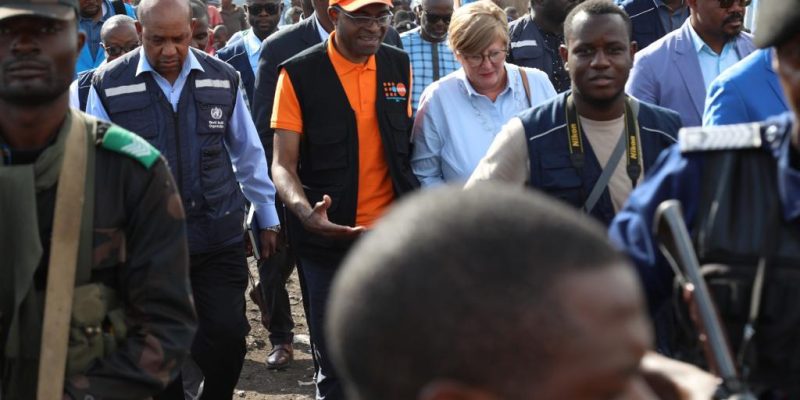
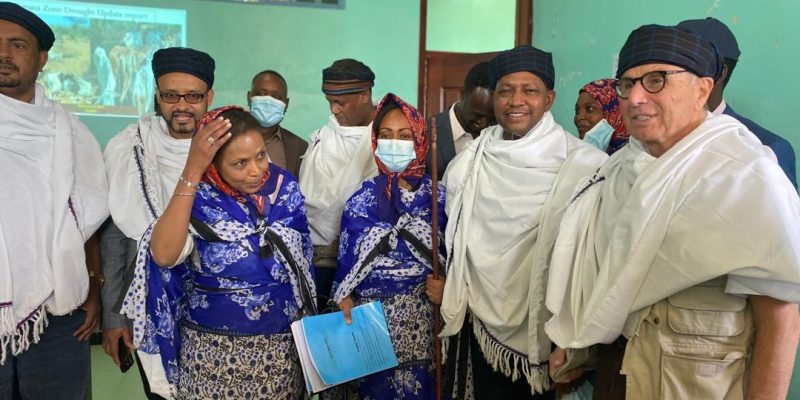
Health system resilience and reform.
I will support countries in transforming modes of governance, financing mechanisms, multidisciplinary workforce and service delivery models built on the foundations of primary health care. With a focus on building resilience, efforts will be directed towards strengthening essential public health functions and institutionalized mechanisms for whole-of-society engagement. My focus will be to help countries in scaling up effective and sustainable innovations, develop practical guidance and tools, and facilitate the south-south exchange of knowledge and experiences in policy implementation.
Enhancing health security and achieving self-reliance.
I will assist countries in strengthening their capacity to prevent, prepare for, respond to and recover from emergencies and other threats to health, through intersectoral approaches and in accordance with IHR. Strengthening surveillance, information sharing and quick response when the need arises will be key to safeguarding health security. Building on the lessons from current regional initiatives, I will continue to focus on building the capacity of local public health institutions and workforce and facilitate the mobilization of resources to support operations. In addition, I will work with partners to increase the Region’s capacity to manufacture life-saving medicines and vaccines and support climate mitigation and adaptation.
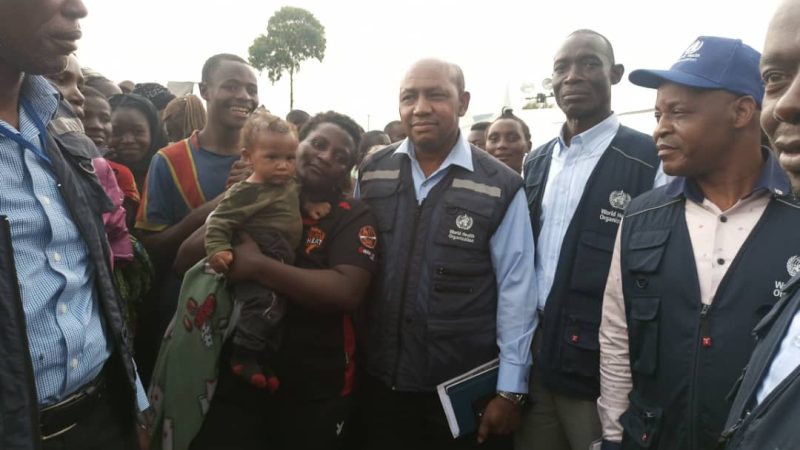
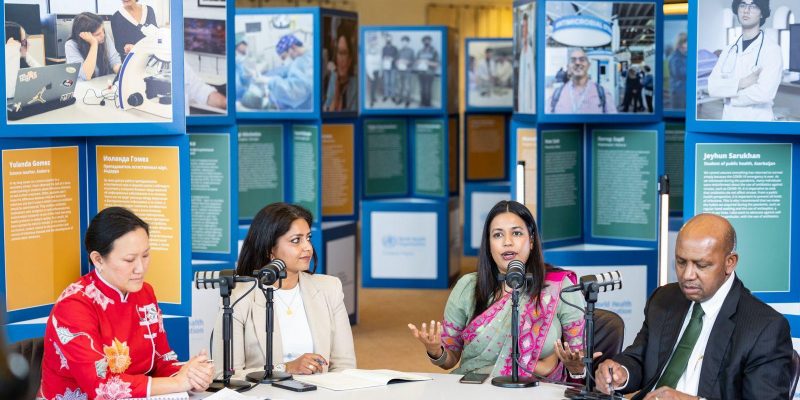
Innovation, digital transformation and leapfrogging.
Build country capacities to harness the power of science and innovations to drive health impacts. This will include leveraging on the advances in smartphone connectivity, data management policies and data infrastructure in the Region to boost health system performance and leapfrog ahead. This will be combined with guidance to countries on expanding the use of digital health tools, developing national regulatory frameworks, achieving efficiency gains, enhancing quality and access to services, and improving patient satisfaction.
Engage people in their own health.
Work with government, healthcare providers and communities to inform people of healthier lifestyle choices, tools to support decisions about their health and well-being, and guidance on available health care resources. This will be accomplished, among others, through public campaigns, social media outreach and contacts with the health system, to truly cater to the needs of the diverse populations.
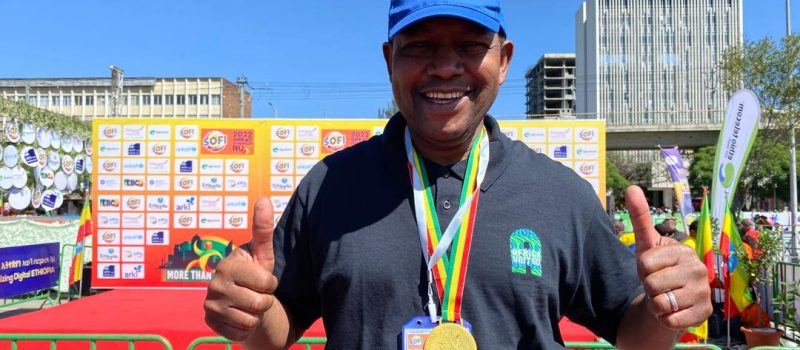
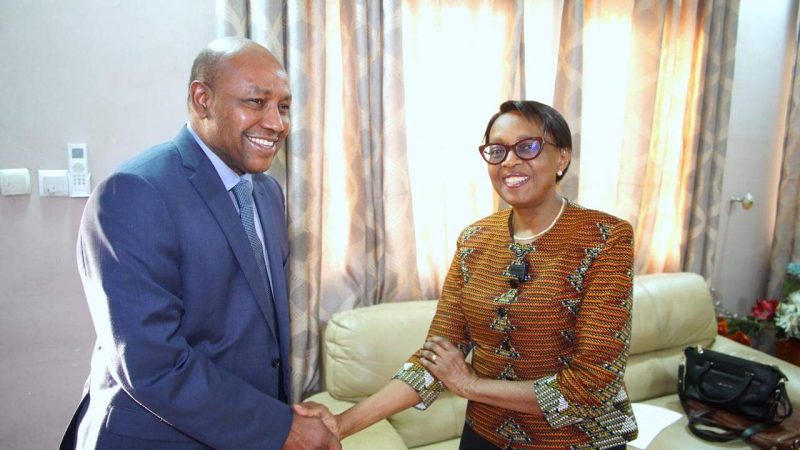
Leverage strategic partnerships for better health.
Strengthen strategic coordination, collaboration and partnerships with the African Union, the Africa Centre for Disease Control and Prevention, United Nations specialized agencies and other global organizations active in the African Region, health professional associations, civil society, youth, faith leaders and the private sector. This will include active engagement with the regional economic communities – AMU, CEN-SAD, COMESA, EAC, ECCAS, ECOWAS, IGAD and SADC – to prioritize investments in health systems, including enhanced preparedness and response capacity to mitigate public health emergencies.
To deliver on the above-mentioned ways of working, I will ensure that WHO places emphasis on organizational agility, flexible and predictable financing, and a strong focus on driving impact in every country. These will be grounded on the principles of transparency and accountability, optimal use of financial and human resources, innovation and digital transformation, gender and geographical representation, open communications and a respectful work environment.